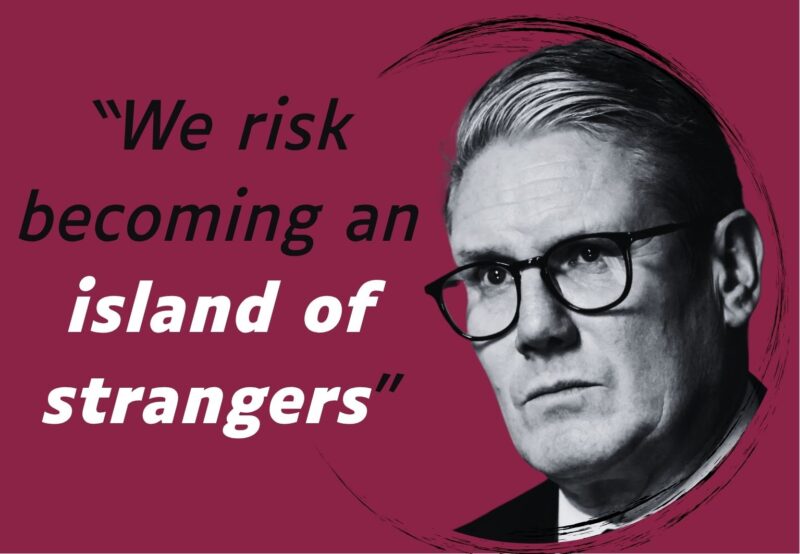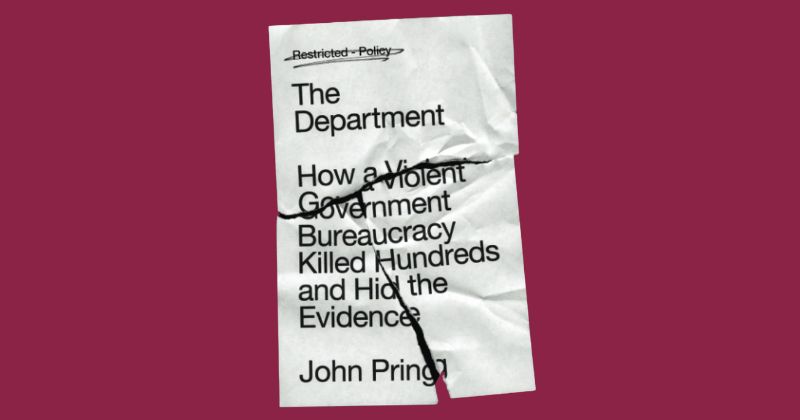Obituary: Gil Scott Heron – Poet, musician, author, fighter
Jeremy Dewar reviews the life of GIl Scott Heron, who died 27 May 2011
The revolution will not be right back after a message ‘bout a white tornado, white lightning or white people.
You will not have to worry about a dove in your bedroom, a tiger in your tank or the giant in your toilet bowl.
The revolution will not go better with Coke.
The revolution will not fight germs that may cause bad breath.
The revolution will put you in the driver’s seat.
Forty years ago, Gil Scott-Heron etched these words onto the consciousness of millions of young people. Its rejection of corporate America struck a resounding chord at the height of the Vietnam war, when the Black Panthers were being hunted down and the ghettos in the northern cities of the US were rising up.
Scott-Heron was their eloquent poet. His legacy will survive his death on 27 May 2011.
It is hard to think of a song which has had a more enduring influence than The Revolution Will Not Be Televised. The rapping of quick, insightful lyrics, written in rhythmic street slang and rhyming free verse, over a jazz-infuenced backing track set the tone for what became hip-hop.
Scott-Heron was not the first artist to match free verse to popular black music. Amiri Baraka (LeRoi Jones) in the US and U-Roy in Jamaica pre-dated Scott-Heron, reading poetry or toasting over Coltrane’s jazz or King Tubby’s ska tunes. But Scott-Heron reached a wider audience with his soul and funk rhythms.
Johannesburg
Over the next ten years, Scott-Heron released a series of overtly political anthems that cemented his reputation as one of the hardest hitting critics of US imperialism and oppression everywhere. We almost lost Detroit is a poignant reminder of the dangers of the nuclear power industry and its corporate secrets and skulduggery:
What would Karen Silkwood say if she was still alive?
That when it comes to people’s safety, money wins out every time.
In 1980 he played 42 concerts in collaboration with Stevie Wonder in the (successful) campaign to get Martin Luther King’s birthday recognised as a public holiday in the US. The following year, he ripped into the newly elected Ronald Reagan with “B” movie:
As Wall Street goes, so goes the nation. And here’s a look at the closing numbers – racism’s up, human rights are down, peace is shaky, war items are hot – the House claims all ties. Jobs are down, money is scarce – and common sense is at an all-time low with heavy trading. Movies were looking better than ever and now no one is looking because, we’re starring in a ‘B’ movie. And we would rather have John Wayne…we would rather have John Wayne.
But it was in the anti-apartheid struggle that he probably had his biggest impact with his 1975 album, From South Africa to South Carolina. Until then, few black Americans outside of the intelligentsia had heard of Apartheid or knew what it actually meant. When Scott-Heron first heard about it on the news, he is alleged to have said, “I thought they were talking about Pittsburg” – the parallels with the civil rights movement in the US were not lost on him.
His hit from the album, Johannesburg, was both internationalist and pro-working class:
They tell me that our brothers over there refuse to work in the mines,
They may not get the news but they need to know we’re on their side.
Scott-Heron also wrote several novels, notably The Nigger Factory about his time in university. In the final decade of his life he was hounded by the police and served several jail sentences for minor drug possession offenses. As a result, he chose to spend more time in Europe, touring the UK only last winter.
He will be remembered for many years to come and his songs will be sampled and covered by generations of young people, inspired to take up the struggle from where he left off.







